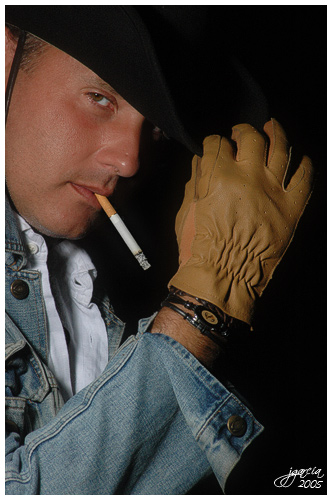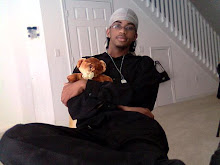
Recently, our class had a reading assignment called Cowboys V. Mounties. In this article, the author, Sarah Vowell, compared American and Canadian cultures in regards to patriotism. The example she emphasized on was the contrast between the cowboys (the symbol of American culture) and the Mounties (the symbol of the Canadian culture).
In Vowell’s article, she states the men of the U.S. army aren’t “nameless, faceless nobodies… they could join the army and still do their own thing.” On the other hand, Mounties are conformists. They “stick together and work as a team.” Vowell interviewed a Mountie, asking him what he thought about not being “cool” in America. Her definition of cool in this context was probably someone who bends or breaks the law because of their personal reasons (usually for the purpose of the “greater good”), someone who’s highly individualized. This assumption of her definition is made clearer in her next statement, “The Mounties have no dark side.” The Mountie responded, “There’s good and bad in everybody…”
I agree with Vowell, but I don’t agree with her definition of cool. Mounties and cowboys are completely different. It’s all due to the upbringing of both nations. America was founded by people with radical views. They wanted change and they wanted it fast. So they went for an all-out rebellion against government. Canada, inspecting this, probably decided to turn away from this approach because of all the blood shed. So they decided to slowly gain their independence. This could dictate why there’s more order and structure in their in Canada’s policing unit. There’s nothing to justify saying they’re not “cool”. In matter of fact, they should be “cool” because they obey authority, they don’t down trod on others, and they show respect towards all peoples regardless of color. Why don’t we call people like this cool?
people with radical views. They wanted change and they wanted it fast. So they went for an all-out rebellion against government. Canada, inspecting this, probably decided to turn away from this approach because of all the blood shed. So they decided to slowly gain their independence. This could dictate why there’s more order and structure in their in Canada’s policing unit. There’s nothing to justify saying they’re not “cool”. In matter of fact, they should be “cool” because they obey authority, they don’t down trod on others, and they show respect towards all peoples regardless of color. Why don’t we call people like this cool?
In Vowell’s article, she states the men of the U.S. army aren’t “nameless, faceless nobodies… they could join the army and still do their own thing.” On the other hand, Mounties are conformists. They “stick together and work as a team.” Vowell interviewed a Mountie, asking him what he thought about not being “cool” in America. Her definition of cool in this context was probably someone who bends or breaks the law because of their personal reasons (usually for the purpose of the “greater good”), someone who’s highly individualized. This assumption of her definition is made clearer in her next statement, “The Mounties have no dark side.” The Mountie responded, “There’s good and bad in everybody…”
I agree with Vowell, but I don’t agree with her definition of cool. Mounties and cowboys are completely different. It’s all due to the upbringing of both nations. America was founded by
 people with radical views. They wanted change and they wanted it fast. So they went for an all-out rebellion against government. Canada, inspecting this, probably decided to turn away from this approach because of all the blood shed. So they decided to slowly gain their independence. This could dictate why there’s more order and structure in their in Canada’s policing unit. There’s nothing to justify saying they’re not “cool”. In matter of fact, they should be “cool” because they obey authority, they don’t down trod on others, and they show respect towards all peoples regardless of color. Why don’t we call people like this cool?
people with radical views. They wanted change and they wanted it fast. So they went for an all-out rebellion against government. Canada, inspecting this, probably decided to turn away from this approach because of all the blood shed. So they decided to slowly gain their independence. This could dictate why there’s more order and structure in their in Canada’s policing unit. There’s nothing to justify saying they’re not “cool”. In matter of fact, they should be “cool” because they obey authority, they don’t down trod on others, and they show respect towards all peoples regardless of color. Why don’t we call people like this cool?



